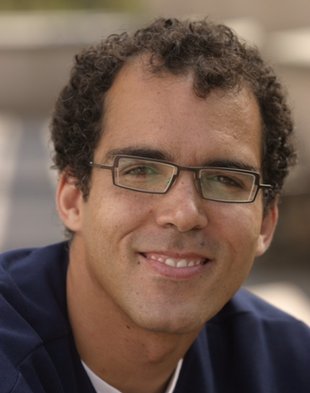Professor James Forman, Jr.
New Haven, CT
Yale Law School
Brown University
Yale Law School
James Forman, Jr., is a clinical professor of law at Yale Law School. He is a graduate of Atlanta’s Roosevelt High School, Brown University, and Yale Law School, and was a law clerk for Judge William Norris of the U.S. Court of Appeals for the Ninth Circuit and Justice Sandra Day O’Connor of the United States Supreme Court.
After clerking, he joined the Public Defender Service in Washington, D.C., where for six years he represented both juveniles and adults charged with crimes.
During his time as a public defender, Professor Forman became frustrated with the lack of education and job training opportunities for his clients. So in 1997, along with David Domenici, he started the Maya Angelou Public Charter School, an alternative school for school dropouts and youth who had previously been arrested. A decade later, in 2007, Maya Angelou School expanded and agreed to run the school inside D.C.’s juvenile prison. That school, which had long been an abysmal failure, has been transformed under the leadership of the Maya Angelou staff; the court monitor overseeing D.C.’s juvenile system called the turnaround “extraordinary.”
Professor Forman taught at Georgetown Law from 2003 to 2011, when he joined the Yale faculty. At Yale, he teaches Constitutional Law, a seminar on Race and the Criminal Justice System, and a clinic called the Educational Opportunity and Juvenile Justice Clinic. In the clinic, Professor Forman and his students represent young people facing expulsion from school for discipline violations, and they work to keep their clients in school and on track towards graduation. Professor Forman teaches and writes in the areas of criminal procedure and criminal law policy, constitutional law, juvenile justice, and education law and policy. His particular interests are schools, prisons, and police, and those institutions’ race and class dimensions. With the support of the Open Society Foundations, Professor Forman is currently writing a book about African-American attitudes towards crime and punishment in the age of mass incarceration.
